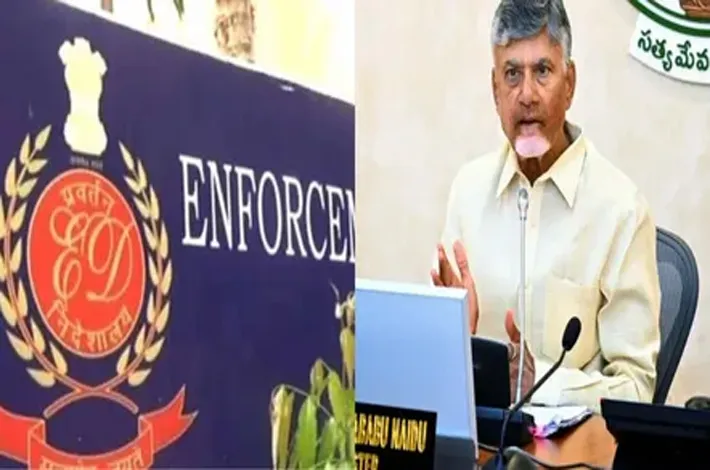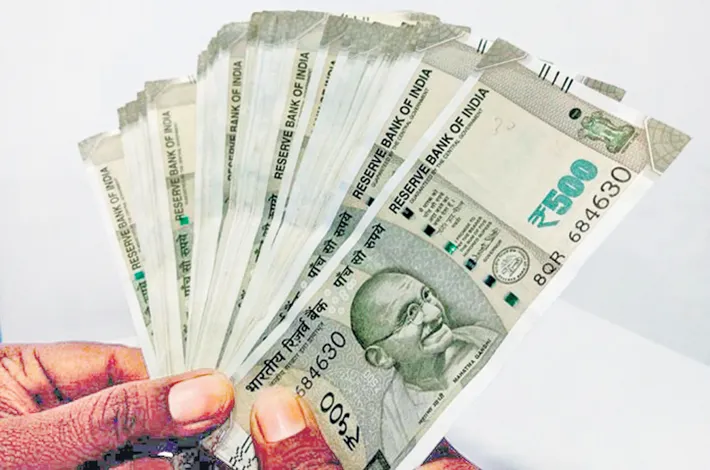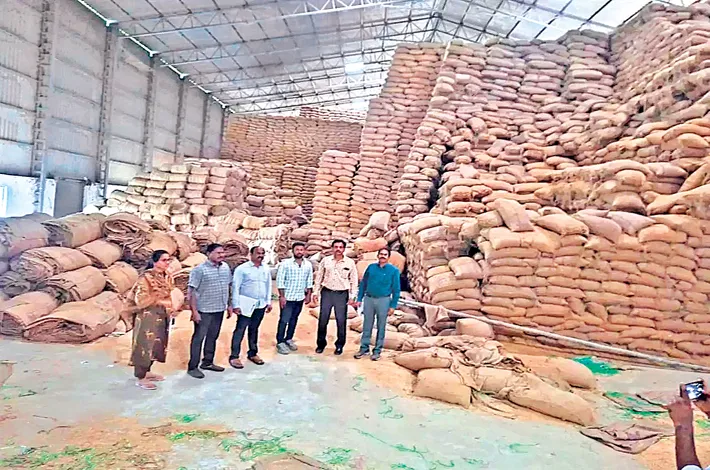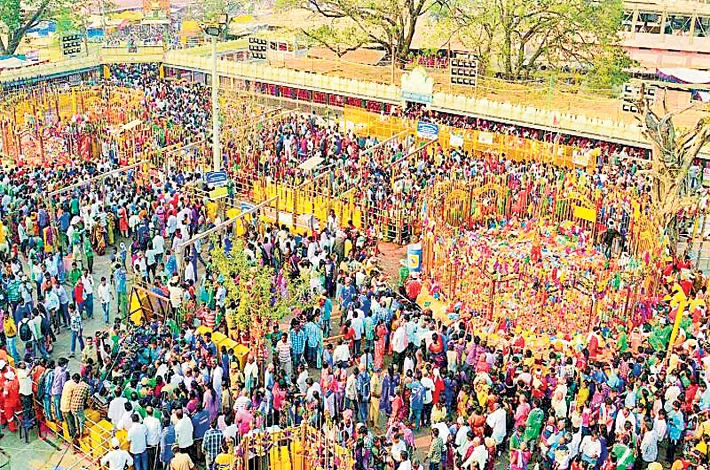Demand for probe into EVMs and VVPATs gets shriller
22-05-2025 12:00:00 AM
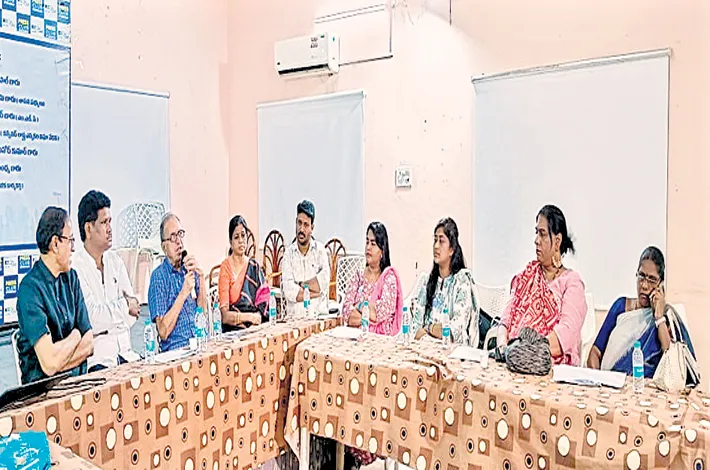
Metro India News | Hyderabad
Concerns over the transparency and reliability of India’s electoral process have resurfaced, with growing calls for accountability in the use of Electronic Voting Machines (EVMs) and Voter Verifiable Paper Audit Trails (VVPATs). Critics argue that flaws in the system are undermining voter trust, particularly among marginalised communities.
A roundtable discussion titled “Are EVMs Undermining Democracy in Marginalised Regions?” was held on Wednesday at the Hyderabad Press Club. The event brought together academics, civil rights activists, and retired officials to raise serious questions about India’s electoral machinery and the need for independent scrutiny and reforms.
Prof. G. Haragopal, a respected academic and human rights defender, warned that democracy is at risk when public confidence in the electoral system diminishes. He emphasized that the internal functioning of EVMs remains hidden once a vote is cast, describing this as a fundamental flaw in democratic processes. Haragopal advocated for a return to paper ballots to restore voter confidence and electoral accountability.
Political activist and filmmaker Bommaku Murali sharply criticized the Election Commission of India (ECI) for failing to implement full VVPAT verification despite repeated Supreme Court directives. He described EVMs as “highly dangerous to democratic integrity” and called for greater public awareness of their vulnerabilities. Murali cited numerous instances of EVM malfunctions and suspicious voting patterns that have been ignored by authorities.
B.N. Ratna, president of the Dalit Adivasi Literary and Educational Awareness Platform (DALEAP), highlighted the disproportionate number of EVM complaints from Dalit and Adivasi constituencies. She argued that the lack of transparency in EVM technology systematically disenfranchises marginalised communities, violating constitutional rights.
The speakers also criticized public sector manufacturers ECIL and BEL for their lack of accountability. They recalled a 2010 televised demonstration that showed EVM tampering was possible, yet no corrective action followed. Comparing India to countries like the US and Ireland, which have abandoned EVMs due to fraud concerns, they urged reconsideration of India’s continued use of EVMs.
Citing the Supreme Court’s 2009 Civil Order 292, participants demanded full implementation of paper-based audit systems and the formation of an independent judicial commission to investigate EVM-related irregularities. V.V. Rao of the Election Watch Committee (Election Nigha Vedika) highlighted ignored discrepancies and alleged that the ECI obstructed full testing of EVMs, discrediting qualified experts.
The discussion concluded with a strong consensus: an independent judicial probe is essential, alongside exploring the return to paper ballots to safeguard democracy, especially in marginalised regions. The event included voices from Dalit, tribal, transgender, and civil rights groups, underscoring broad concern over electoral transparency.





